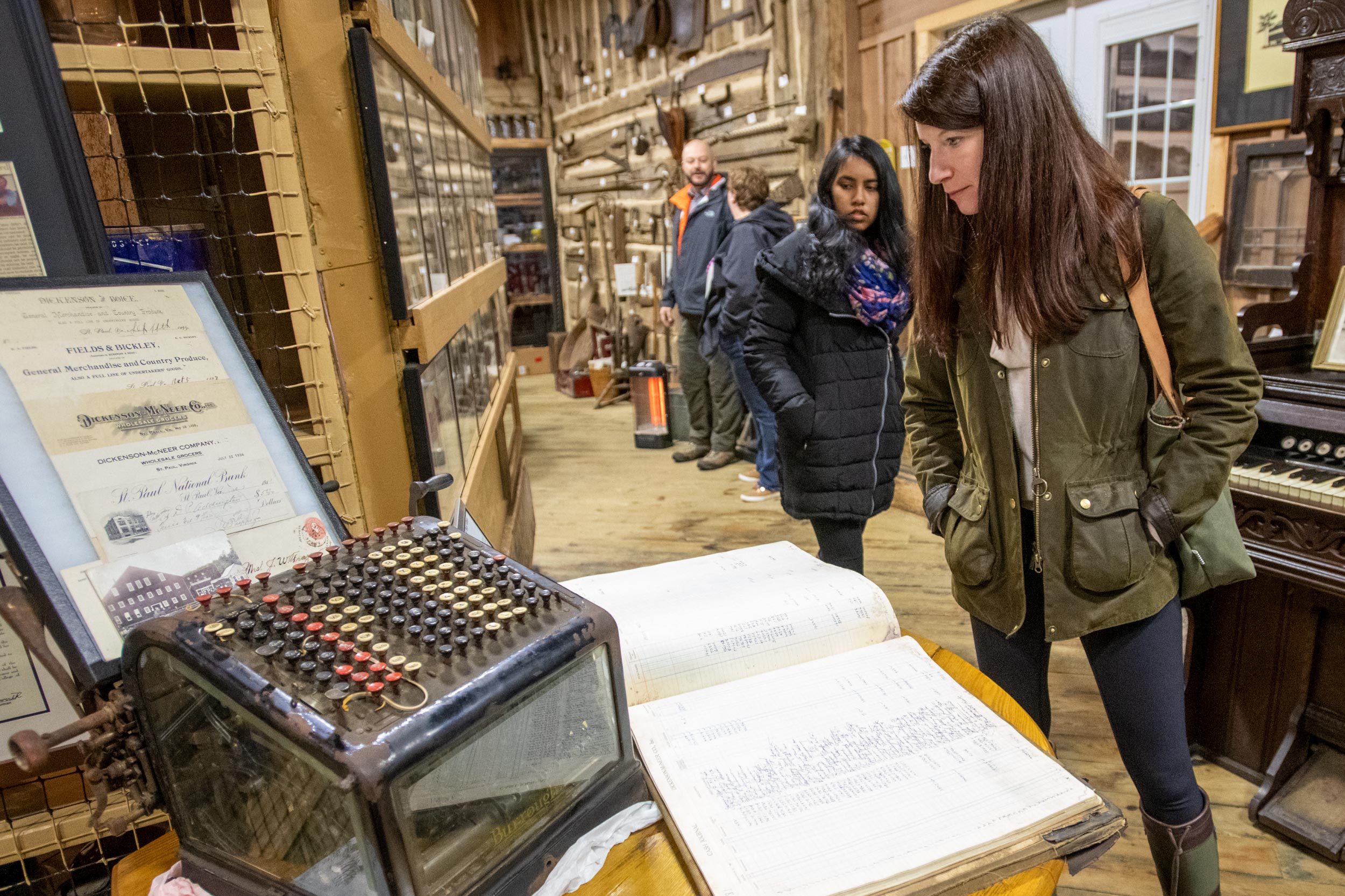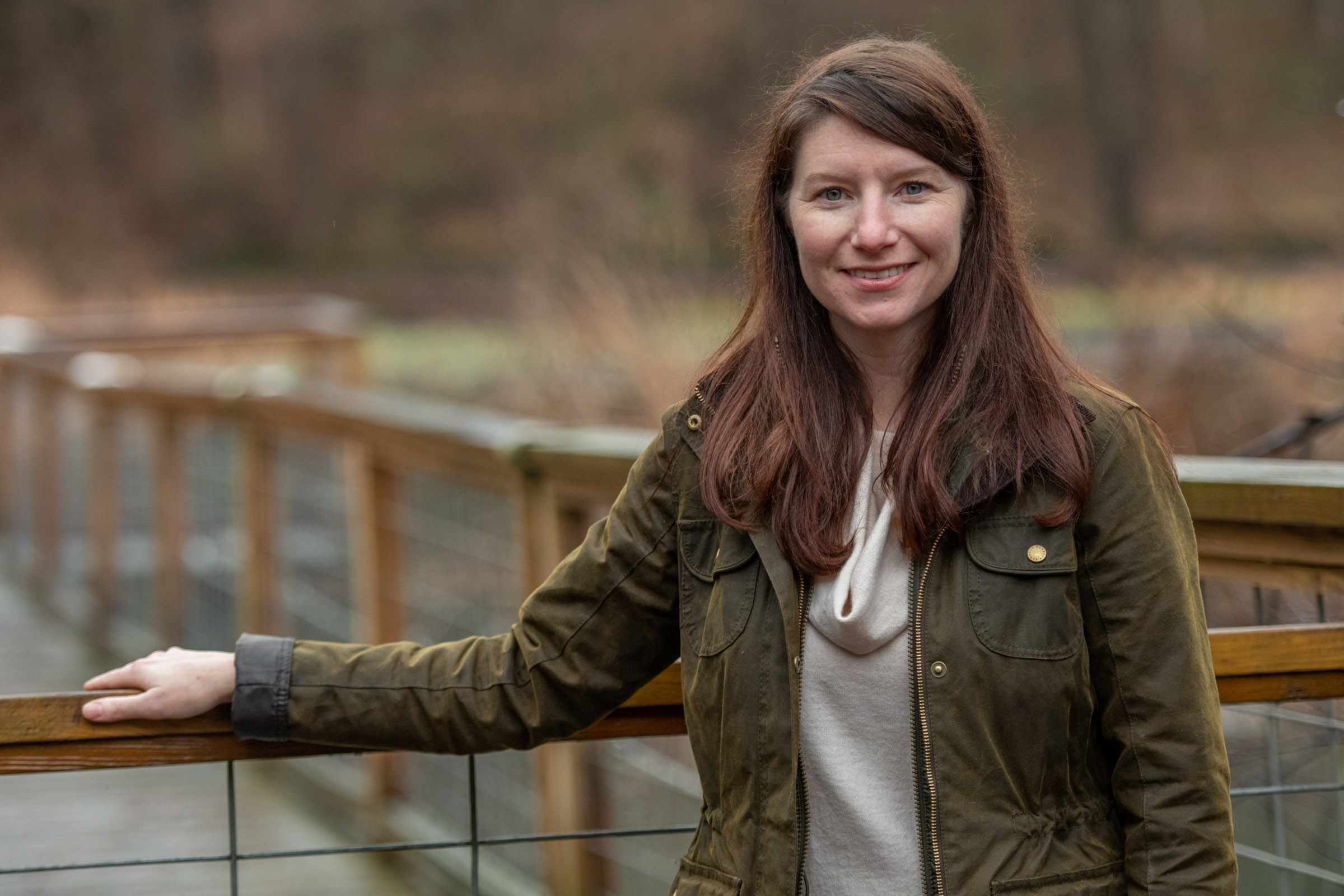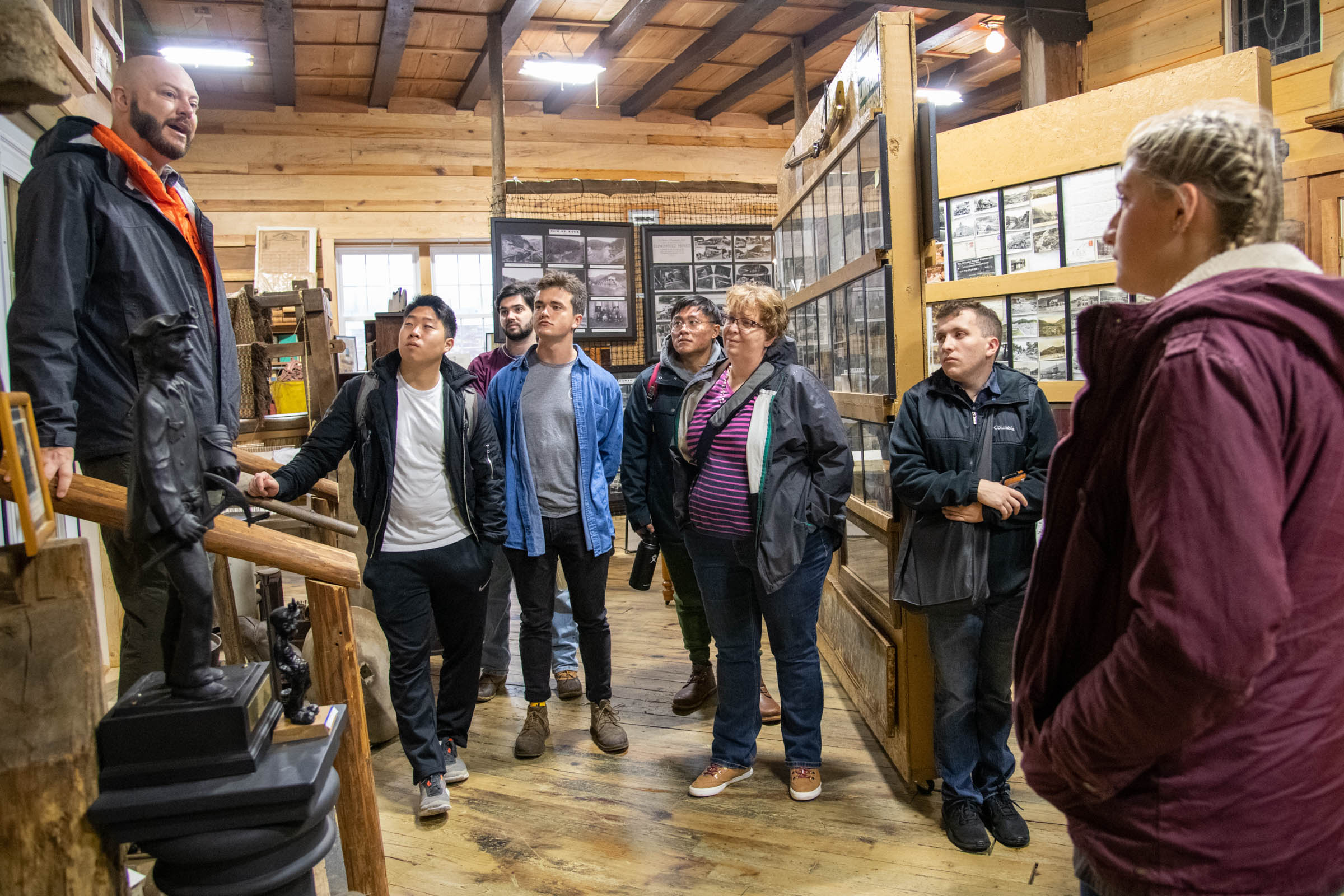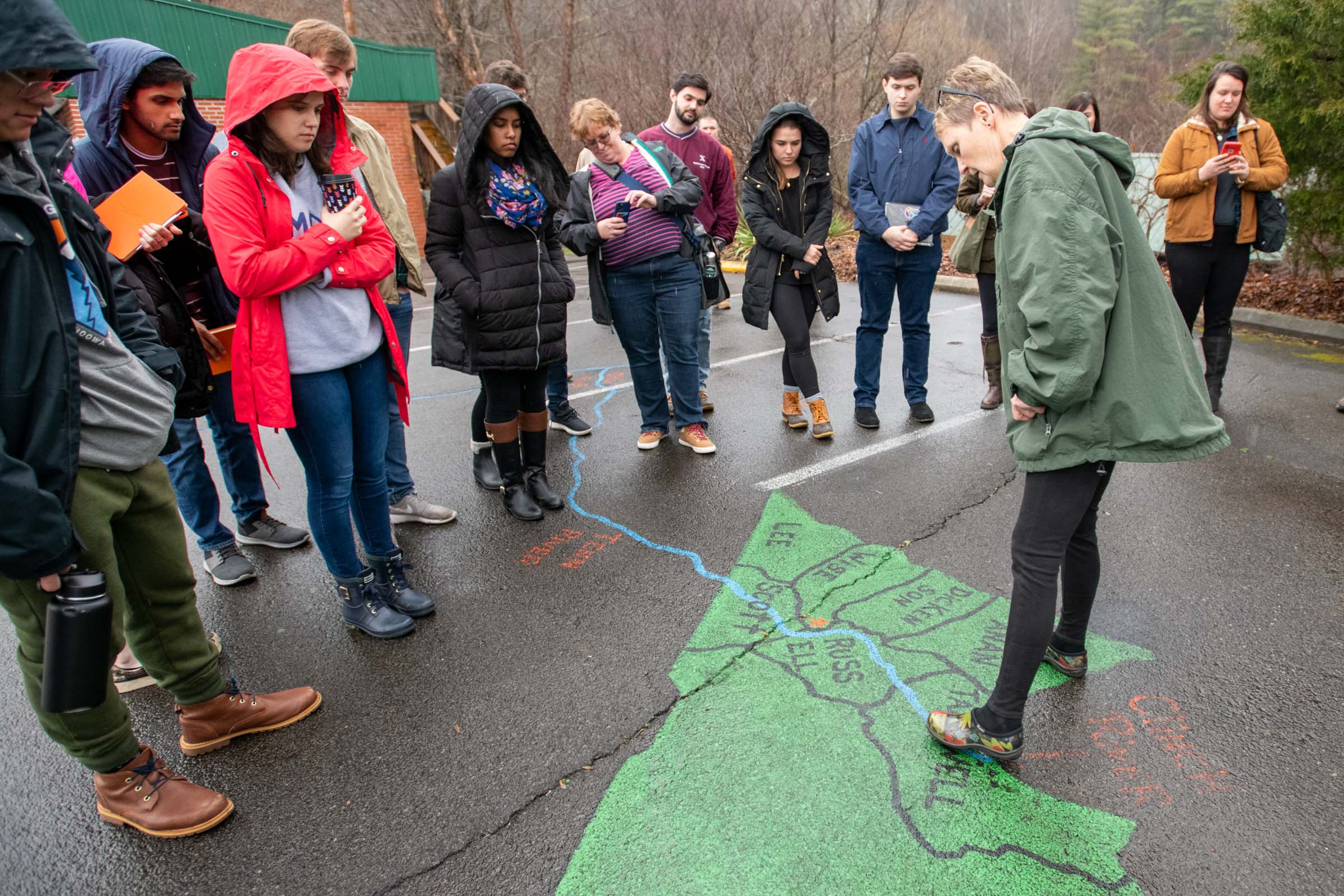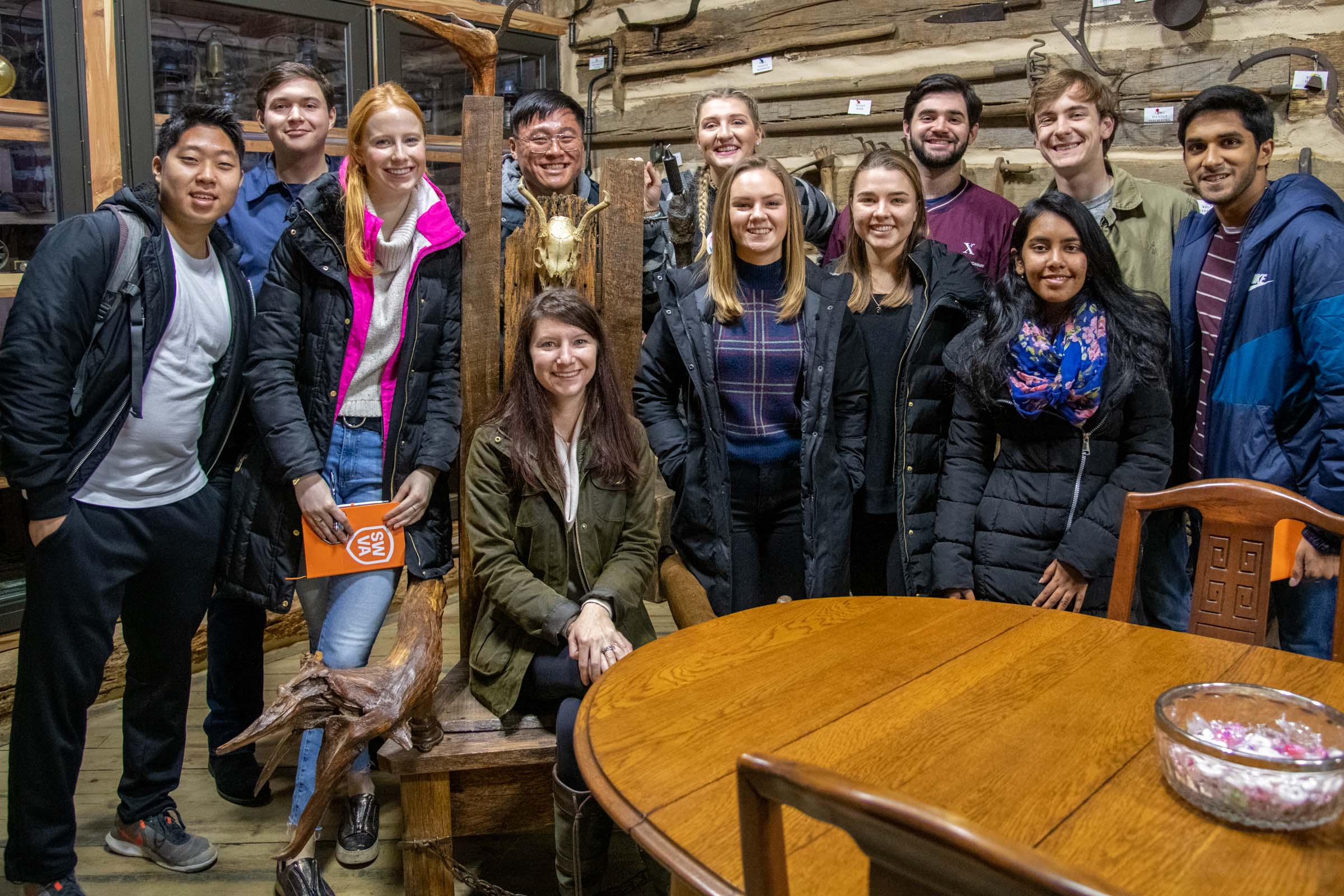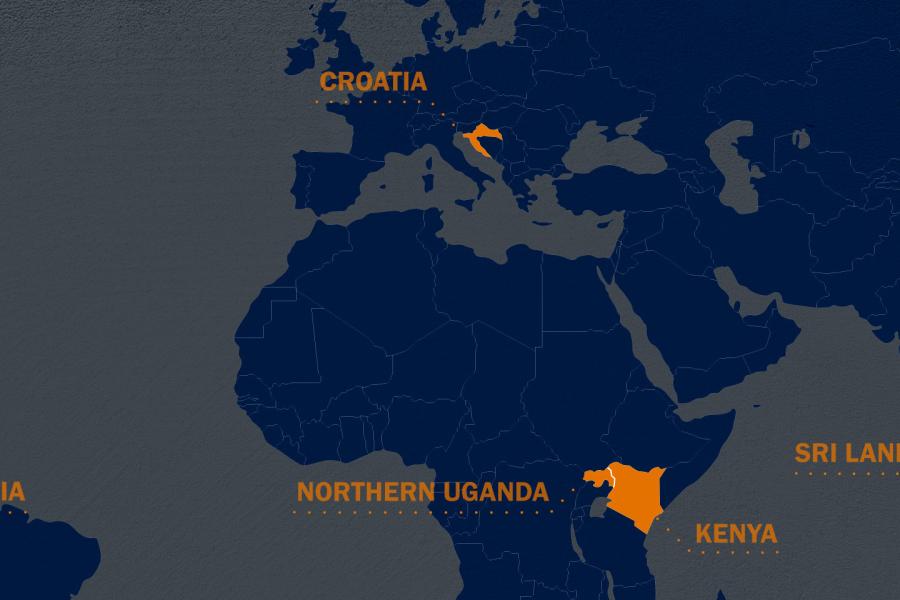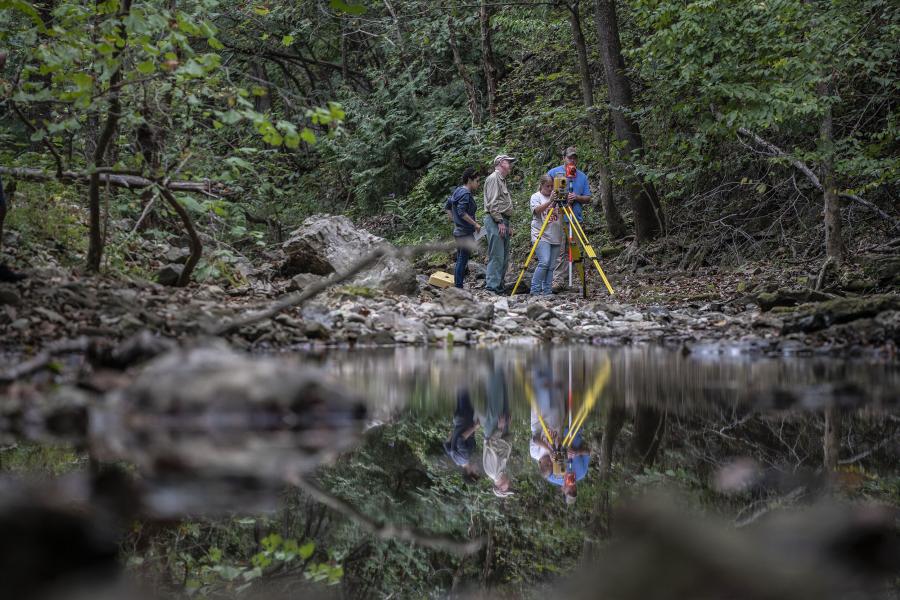Baird, a 2007 UVA graduate, credited Mahoney with influencing the next generation of leaders coming out of the University, saying they will be smarter and more responsible, compassionate and innovative, thanks to her.
“Christine Mahoney is a visionary,” Baird said. “As an undergraduate, I was involved in a range of entrepreneurial endeavors, but there was nothing like Social Entrepreneurship at UVA. As a lecturer at the Batten School supporting courses in entrepreneurship and impact investing, I’ve seen hundreds of students follow Christine’s vision and leadership for career paths that are merging the two pockets into one.
“It is rare to find a top-rate scholar who is also able to take a vision and translate it into a career, industry and real-world application, but Christine has done both.”
To Mahoney, social entrepreneurship is an effort to change the system of capitalism and steer companies and capital toward social enterprises that seek to achieve more socially and environmentally responsible outcomes. It replaces charity-based models, which she said are limited in their scope.
“Some people talk about [social entrepreneurship] as triple bottom line, with financial sustainability, environmental sustainability and social responsibility,” she said.
Mahoney plans to apply this triple bottom-line plan to Appalachia.
“Appalachia is a place that has been dominated by a single industry – coal – and coal has declined for a number of reasons,” Mahoney said. “As the price of coal has declined, those jobs have largely gone away. Economically, many of these towns used to be thriving. They no longer are. Due to coal layoffs and the lack of economic alternatives, communities are now in a state of extreme, multi-generational poverty.
“There has been some charitable work done there and there are some foundations working in Appalachia, but it is the largest concentration of poor counties in the country,” she said. “And then if you look at other indicators, such as the opioid epidemic, it also has one of the highest levels of that because it ties in with this poverty and lack of opportunity.”
Impact investors look at places such as Appalachia as an opportunity for investments with entrepreneurs whose efforts will buoy the economies and the health of Appalachian communities.
